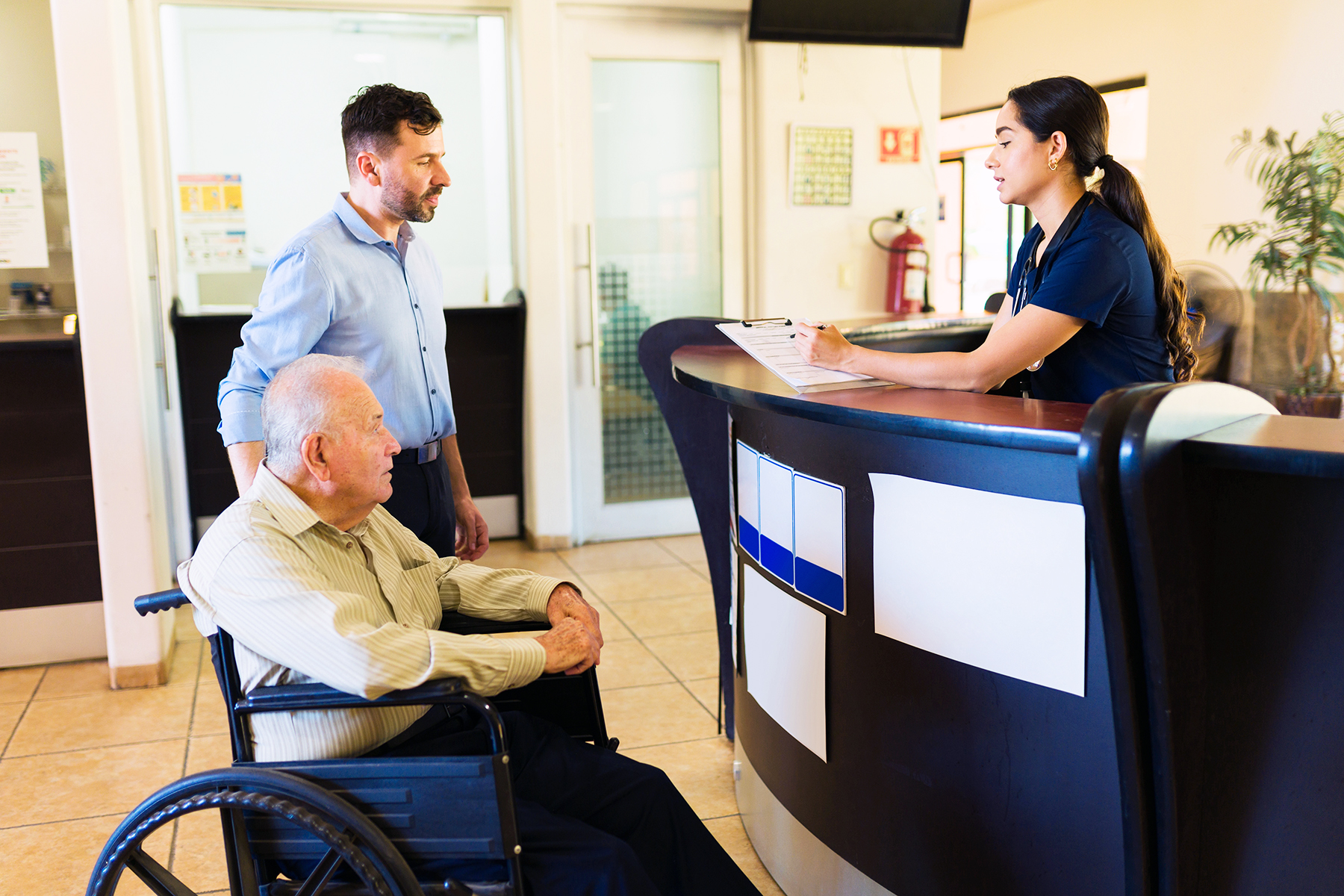
Compliance isn’t just about passing inspections—it’s about protecting residents and building trust.
At Senior Care Solutions, we believe ongoing audits are the key to stronger compliance programs and better care.
In the ever-evolving landscape of senior care, regulatory compliance isn’t just a box to check—it’s a cornerstone of quality, safety, and trust. At Senior Care Solutions, we believe that ongoing audits are one of the most powerful tools nursing homes can use to stay ahead of regulatory requirements and deliver exceptional care.
Proactive Protection, Not Reactive Scrambling
Regulations from CMS, state health departments, and accrediting bodies are complex and frequently updated. Without a system of regular internal audits, facilities risk falling out of compliance—often without realizing it until a surveyor arrives. Ongoing audits allow teams to:
> Identify gaps before they become citations
> Stay aligned with the latest regulatory changes
> Build a culture of accountability and continuous improvement
Audits as a Lens for Quality Improvement
Audits aren’t just about compliance—they’re about care. When done thoughtfully, they reveal patterns that impact resident outcomes, staff performance, and operational efficiency. For example:
> Reviewing residents with wounds to ensure timely and thorough assessments are occurring,
use of proper treatment and assistive devices, and accurate care plan
> Auditing care plans can ensure they reflect current assessments and resident preferences
> Examining infection control practices such as proper use of Enhanced Barrier Precautions,
can highlight training needs or workflow breakdowns
Each audit becomes an opportunity to elevate care—not just meet minimum standards.
Data-Driven Decisions and Documentation
In today’s regulatory environment, if it’s not documented, it didn’t happen. Audits help ensure that documentation is:
> Timely
> Accurate
> Aligned with billing and reimbursement requirements
This is especially critical in areas like MDS coding, PDPM transitions, and Medicare compliance.
A strong audit trail supports defensible claims and reduces the risk of denials or penalties.
Empowering Staff Through Engagement
When audits are collaborative—not punitive—they empower staff. Involving frontline team members in the audit process:
> Builds ownership and understanding of compliance standards
> Creates space for feedback and innovation
> Reinforces that quality and compliance are shared responsibilities
At Senior Care Solutions, we encourage facilities to use audits as coaching tools, not just checklists. Circle back with staff to have a 1:1 education.
Building a Resilient Compliance Program
Ongoing audits are the backbone of a resilient compliance program. They help facilities:
> Prepare confidently for surveys and inspections- schedule audits on a calendar and have a process
for QAPI review for accountability.
> Perform the audits with front-line staff so they can better understand the “WHY” behind what they are
required to do.
> Trends are quickly identified when performing routine audits. Facilities can use to mitigate risk and
provide guidance for ongoing educational programs and competency needs.
> Demonstrate commitment to excellence to residents, families, and regulators.
In short, audits are not a burden—they’re a strategic advantage.
Final Thought
Compliance is not a one-time event—it’s a daily practice. By embedding ongoing audits into the rhythm of operations, nursing homes can safeguard their mission, protect their residents, and lead with integrity.
Michelle Stober, RN, BSN
CEO
For more information contact
consult@srcaresolutions.net























